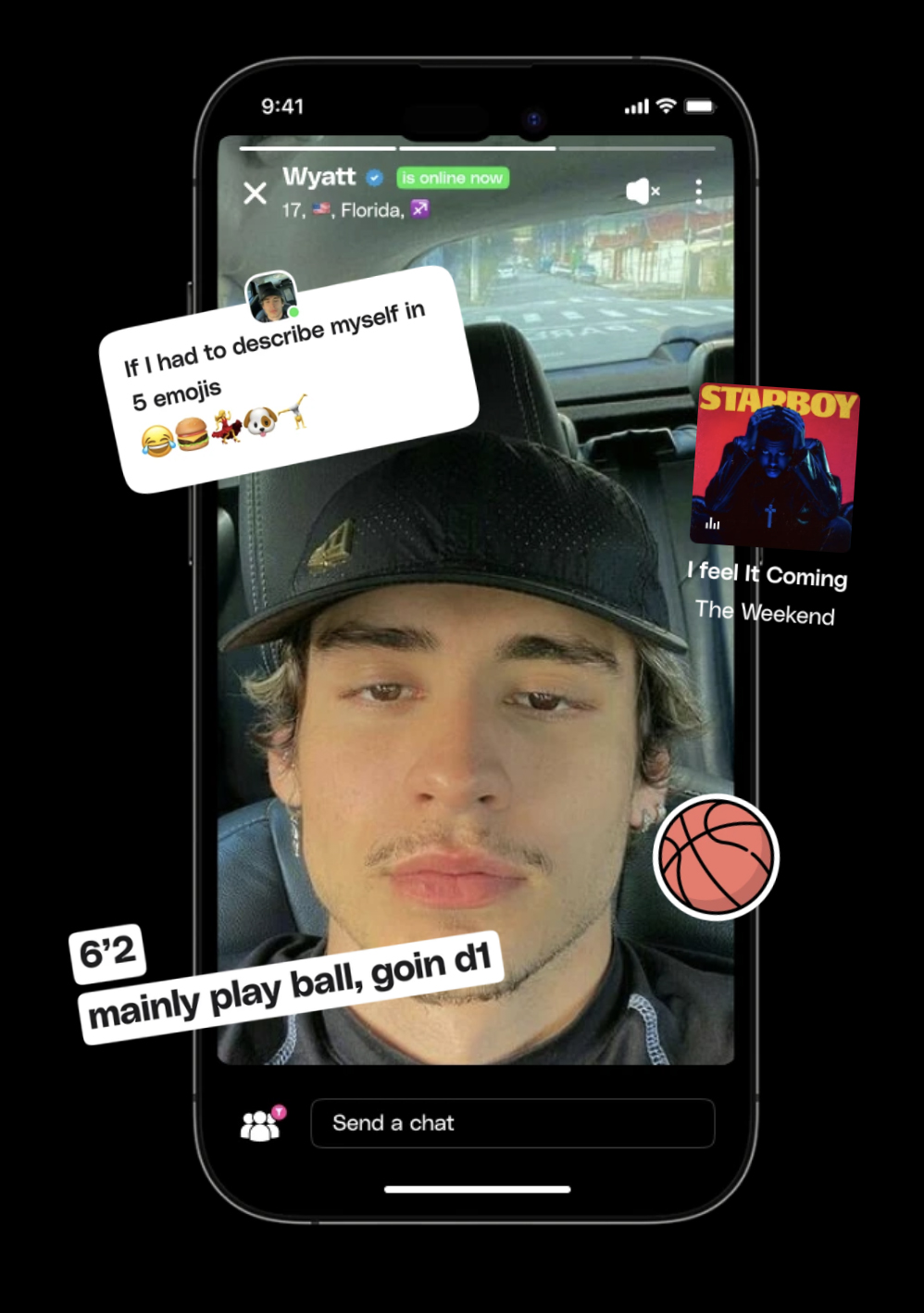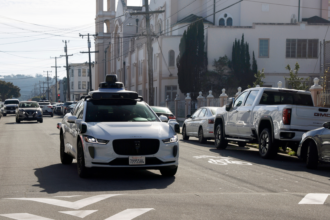An app intended for teens to make and connect with new friends is being used “like Tinder for kids,” sources told The Post.
New York City teens told The Post that Wizz, which is advertised for ages 12-18, is similar to a dating app in the way you swipe through profiles — and that some underage users are relying on it to arrange hook-ups with strangers, including adults.
There have already been multiple arrests across the country of adult predators sexually assaulting teens they met on the app.
“It’s like Tinder for kids,” Jada Maisonet, a 16-year-old high school senior from Manhattan, told The Post. “Like, literally, when you think of Tinder, that’s what it is … trying to hook up or, like, date.”
As of late 2023, the app already had 16 million users. Users are encouraged to use live chat with potential “friend” connections.
“People are literally meeting up with strangers, like kids their age. It’s really weird,” Jada added.
When she signed up for Wizz during her sophomore year, Jada said, she was bombarded with messages.
“I got maybe like 60 notifications in like one day,” she said. “Some would be more wholesome, like, ‘Oh you’re pretty.’ And then others had more sexual connotations. People were asking to link up in person and things like that. It’s basically like Snapchat on steroids.”
The app requires users to submit a birth date and biometric age verification (essentially, a face scan). Its parent company claims to “constantly” perform “checks of user profile consistency to ensure all Wizz users are real people and who they say they are.”
Users are then sorted with age-appropriate potential matches. Still, predators have found a way.
In 2024, Florida’s Department of Law Enforcement arrested a 20-year-old man for using a computer to solicit a minor, after an investigation revealed he was speaking to a 14-year-old girl on Wizz while purporting to be 16.
In Washington, a 23-year-old man was charged with rape earlier this year after meeting up with a 12-year-old girl on Wizz. The victim told police he claimed to be 15.
A 19-year-old Marine in Hawaii was charged with sexually assaulting an 11-year-old girl he met on the app. And a 27-year-old Chicago man is facing charges for sexually assaulting several teenage girls he met on Wizz while also pretending to be a teen.
The app was temporarily removed from the App Store and Google Play in early 2024 due to concerns, raised by the National Center on Sexual Exploitation, about sextortion. But it is currently available to download on both. More than 1 million people have downloaded the app on Google Play alone, according to the platform.
“What’s at stake here is that adults, and particularly adult men, can pose as 15-year-old boys and hook up with teenage girls — or teenage boys, for that matter. It’s as simple as that,” Stephen Balkam, founder of the Family Online Safety Institute, told The Post. “And it’s obvious that the safety elements of this app are nowhere near where they should be.”
Balkam set up an account to test the app’s age verification, purporting to be 15. He claims that, while the photo the app took of him was flagged for human review, his account was approved within five minutes even though he is clearly much older. (“As you can tell, I’m definitely not 15, said Balkan, who has salt-and-pepper hair and a mustache.
“Kids and teenagers are always looking for workarounds to do adult things, and this app seems to make it easy,” psychologist Jean Twenge told The Post. “The problem is then they are vulnerable to predators and, in general, aren’t old enough to handle these decisions.”
Jada, who said many profile photos are “thirst traps” — with girls in sports bras and boys posting shirtless selfies, is now off the app but estimates about half of her classmates are on it.
“It’s definitely a very huge thing in New York,” she said. “It’s marketed as a wholesome app when it’s actually not a wholesome app.”
A spokesperson for Wizz told The Post that “we take the subject raised in your article very seriously and remain fully committed to protecting minors online.” They also pointed to their safety initiatives, including age gate and age verification, image verification and identity consistency checks.
Twenge, author of “10 Rules for Raising Kids in a High-Tech World,” says this is further evidence why parents should stave off kids owning smartphones for as long as possible — ideally until 16 or 17.
“This is definitely something parents need to know about, and it’s yet another reason to delay giving kids smartphones,” she said. “But it’s ridiculous that this should be up to parents [to prevent]. Kids should not be able to download an app that’s effectively Tinder.”










